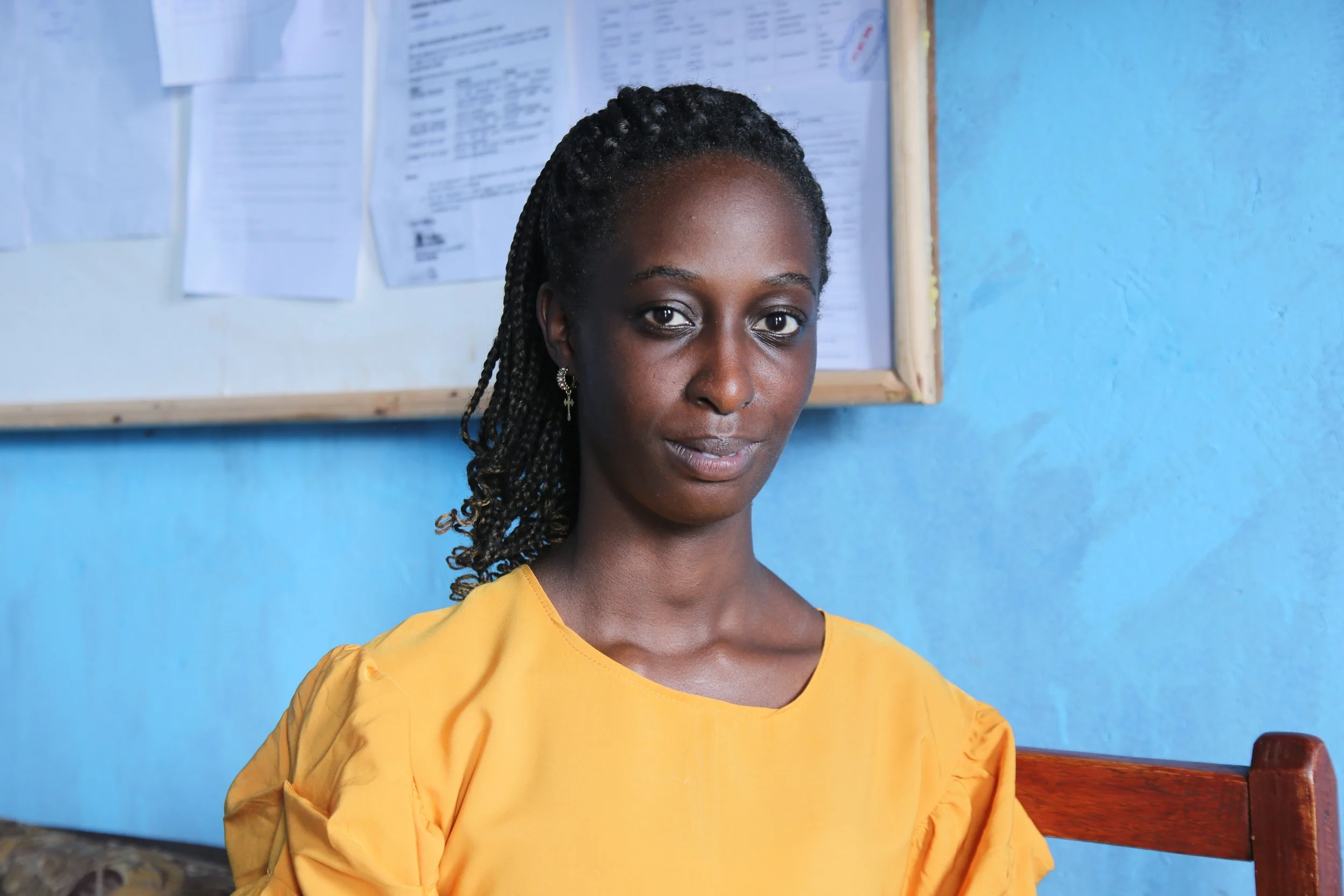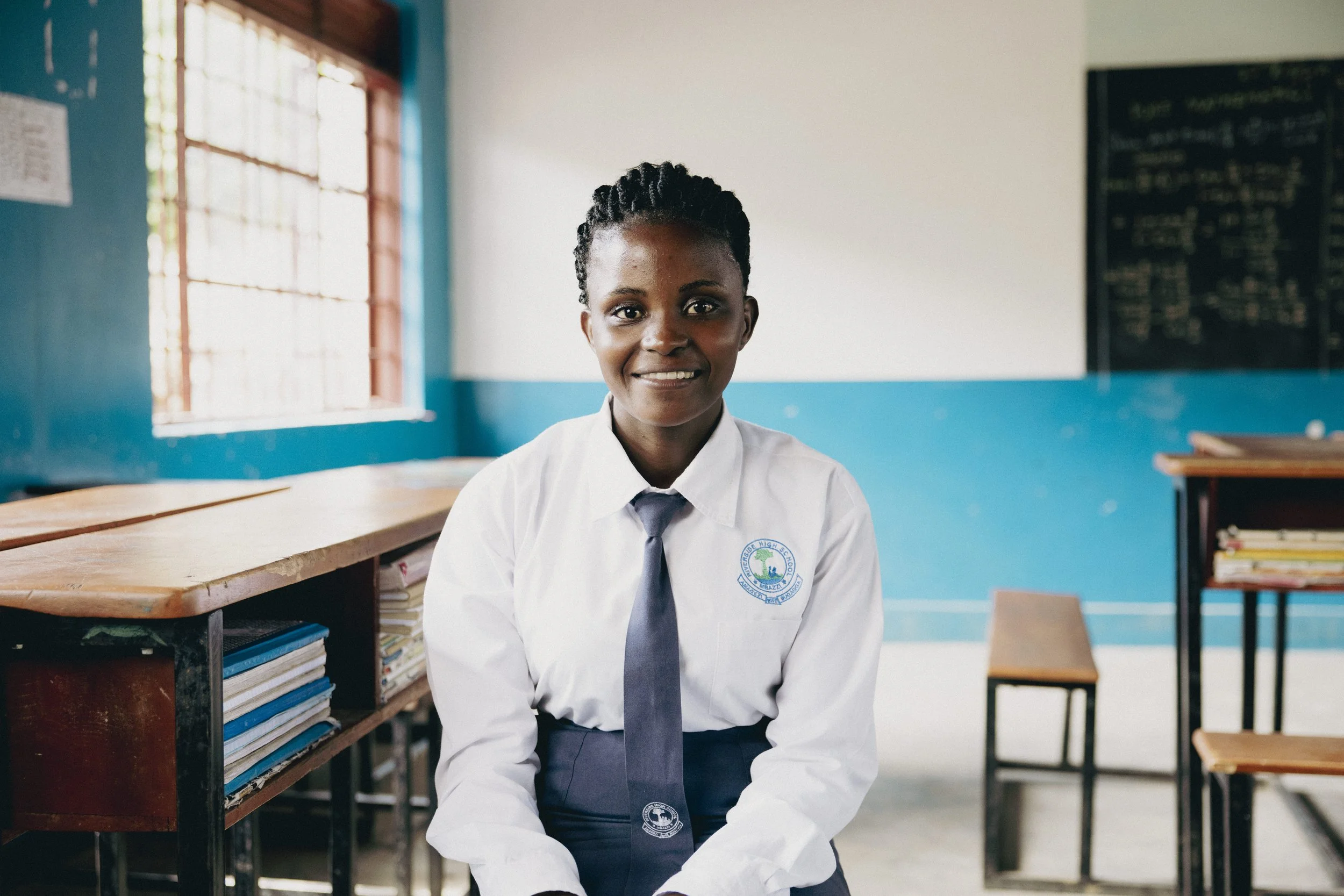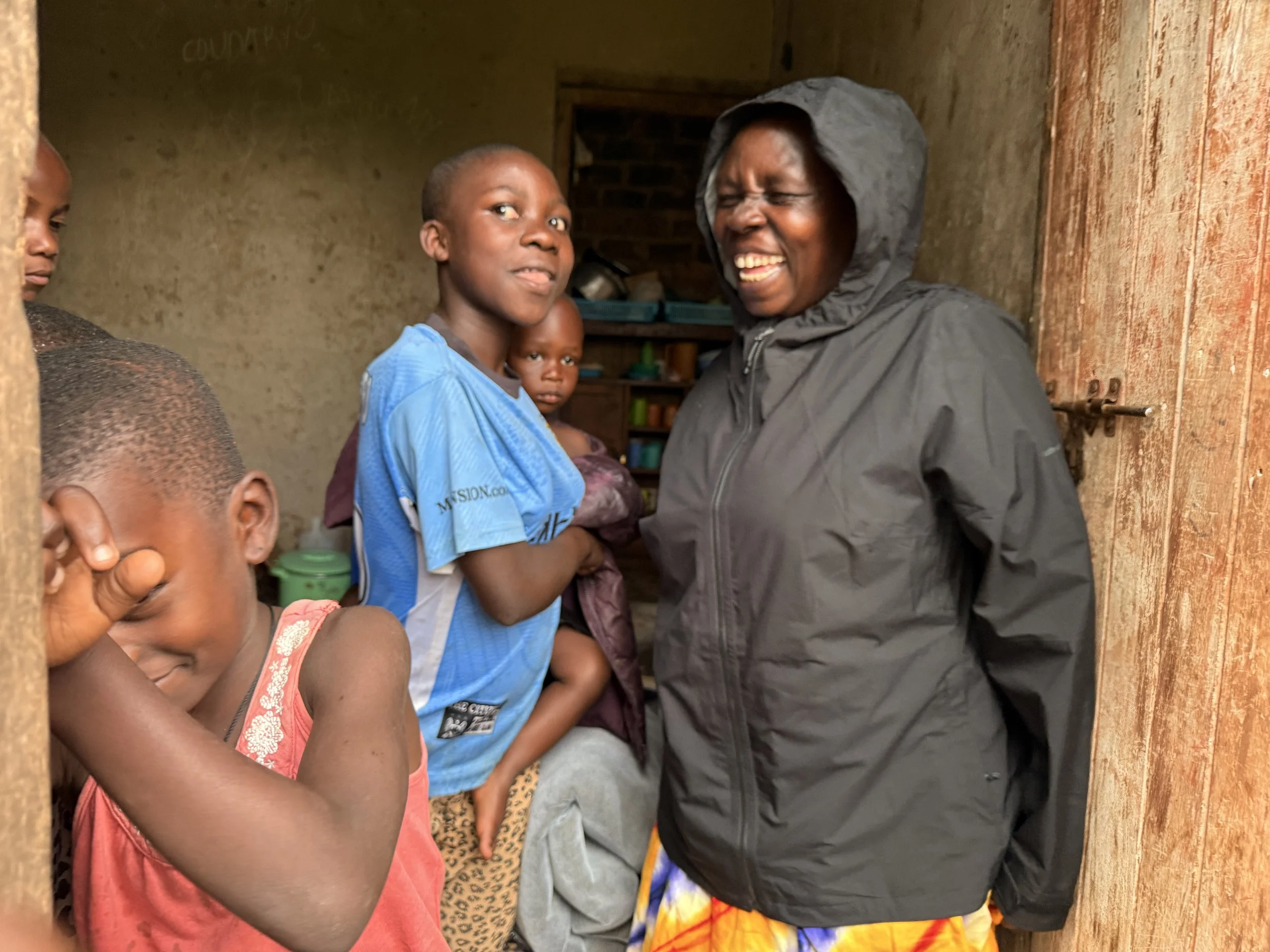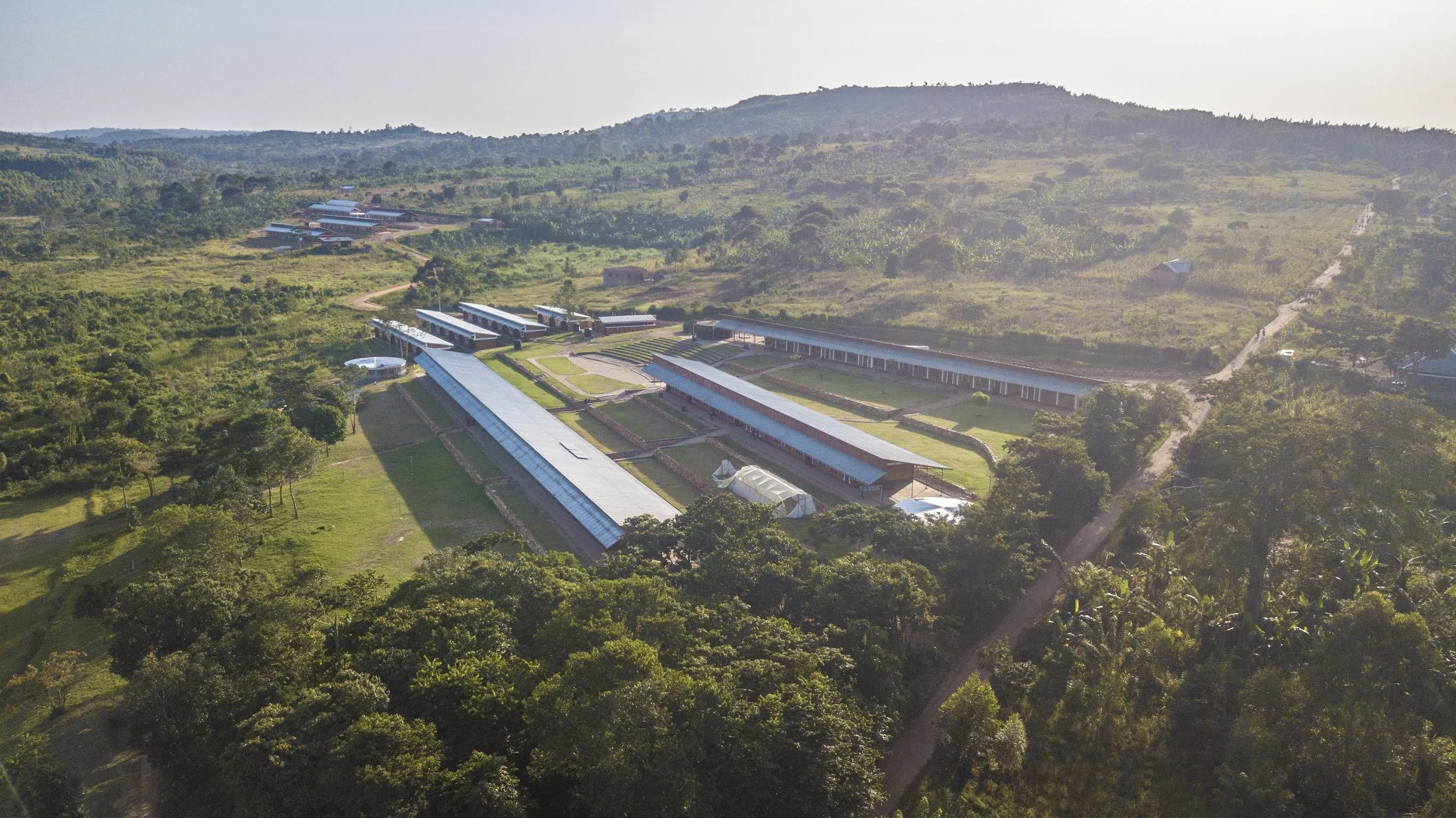
HOW WE CREATE LASTING CHANGE
Education Is Just the Beginning
Our work goes beyond classrooms — creating schools, systems, and support that help children and communities thrive.
At School for Life, we believe that education is the key to long-term transformation — not just for students, but for families, communities, and generations to come.
Since 2008, we’ve been building more than schools. We’ve been building ecosystems of opportunity: places where children can learn and grow, teachers are empowered, families are supported, and communities rise.
From clean water and school meals to job skills and practical training — this is what it looks like when education works.
UNDERSTANDING THE JOURNEY
From First Steps to Future Paths
In Uganda, education isn’t a straight line.
Poverty, illness, long travel, and social pressures cause many students — especially girls — to drop out before completing school.
That’s why we support every stage of a child’s journey, with the systems and safety nets they need to stay on track.
This diagram maps out the key points where students are most at risk — and where the right support can make all the difference.
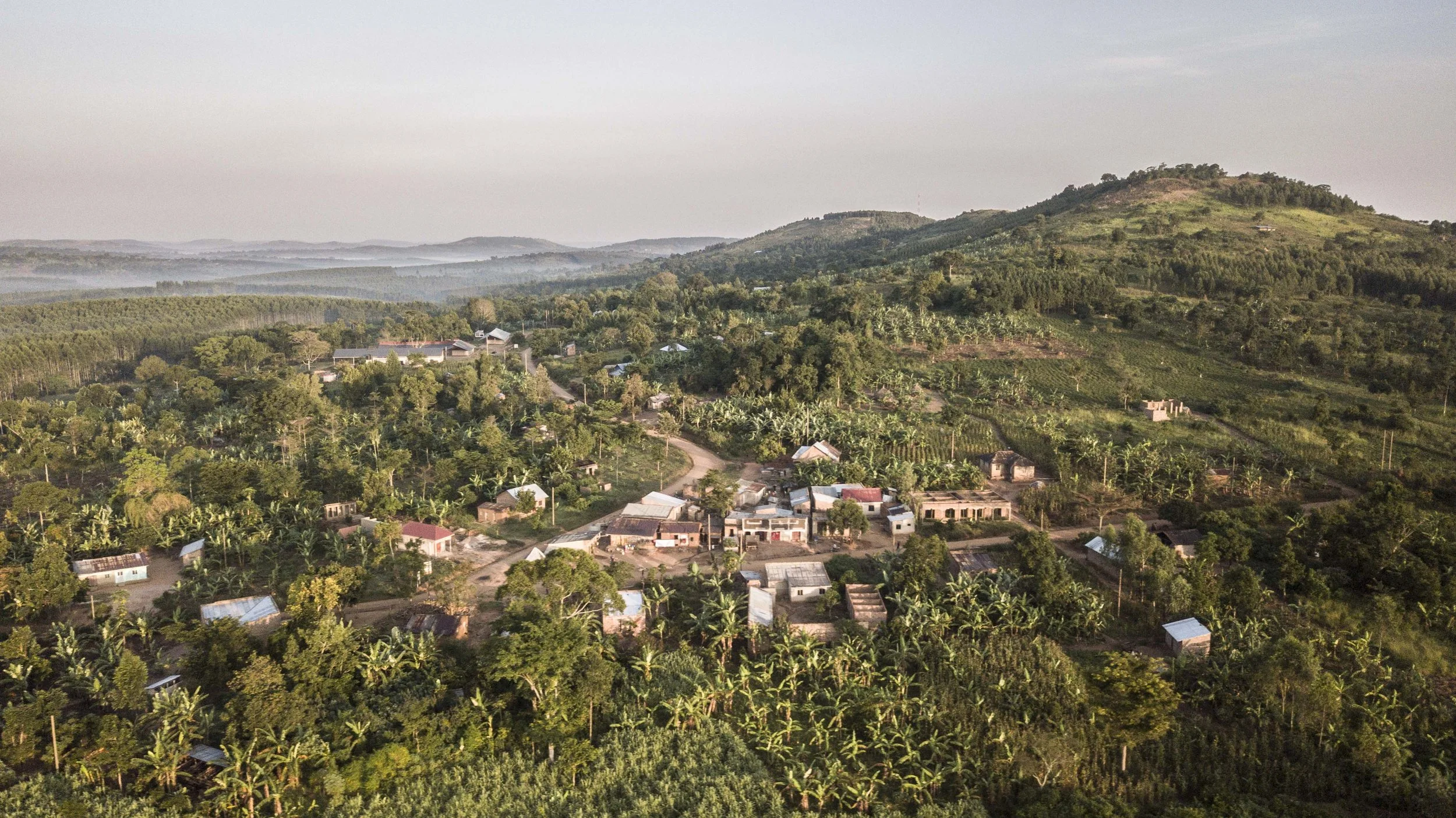
Explore Our Work
OUR SCHOOLS
Three Schools. One Life-Changing Mission.
From preschool to high school, each of our campuses in Uganda is a place of safety, learning, and opportunity. Explore the stories, stats, and strengths of each school in our network.
COMMUNITY UPLIFT
Empowering Change From the Ground Up
Through locally led initiatives like the KUMI Tailoring Project, our clean water programs, and support for regional schools, we help create opportunities that extend far beyond our campuses. We invest in people, places, and systems that can carry lasting change — partnership and empowerment.
POST-SCHOOL PATHWAYS
From Graduation to Opportunity
Education doesn’t stop at the school gate. Our Post-School Pathways program supports graduates as they take their next steps — into university, vocational training, or employment. Through scholarships, mentorship, life skills training, and strategic partnerships with employers and institutions, we help Prosperity Makers build a future full of purpose.
HOLISTIC QUALITY EDUCATION MODEL
Education That Reaches Every Part of Life
Our model integrates academic learning with nutrition, healthcare, wellbeing, vocational skills, and sustainability — ensuring every child receives the support they need to thrive.
EAST AFRICA IMPACT PARTNERS
Expanding Impact Through Strategic Partnerships
We work alongside trusted East African organisations to expand the reach of education, strengthen local systems, and support students beyond our own campuses. These partnerships help us deliver teacher training, quality infrastructure mentoring, leadership development, and new pathways for student success — multiplying our impact far beyond our school gates.
Real Stories, Real Impact
See What Change Looks Like in Action
Step inside our campuses to discover how we’re turning vision into reality.


